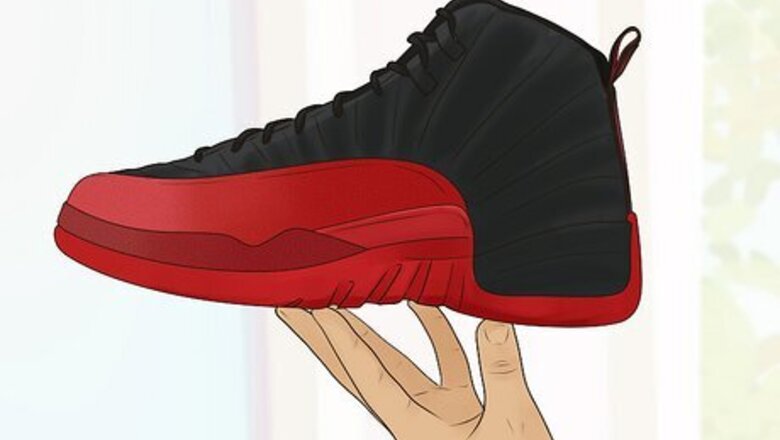
views
Rep Shoes Definition
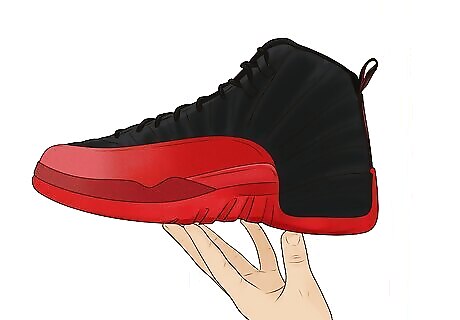
Rep shoes are typically higher-quality counterfeit shoes. In the sneaker community, you have your knock-offs, bootlegs, and imitations, all of which are usually low-quality mimics of official shoe models. Reps, or replicas, however, are higher-quality imitations that the untrained eye often can’t tell from the real thing. Unlike knock-offs, reps have mixed reception in the sneaker and shoe subcultures, with some embracing them as real alternatives, and others denouncing them as scams. Many shoe enthusiasts say they don’t mind when someone wears reps, as long as everyone involved—the seller and buyer alike–are honest about them being reps.
Why do people buy reps?
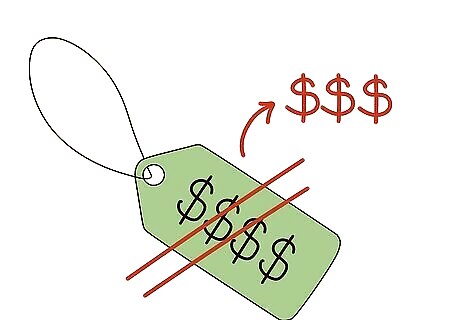
They’re cheaper than authentic shoes. The designer shoe market, from sneakers to heels to boots and beyond, is prohibitively expensive for most consumers. Name-brand kicks can easily run you hundreds or even thousands of dollars, but replicas are usually only a fraction of the cost, making them accessible to anyone who wants slick style on a budget. Affordability has been a huge point of discussion in the shoe community, and is one reason why many sneakerheads don’t mind reps—they’re a natural solution to a serious problem.
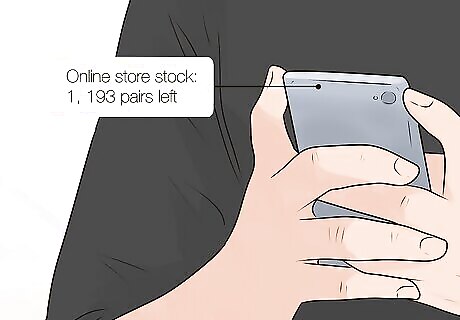
They’re often more widely available than authentic shoes. These days, shoe manufacturers often sell only a limited number of shoes as an easy way to jack up the cost while making fans and followers highly competitive as they scramble to get their hands on a pair. Reps take the pressure out of racing for a new shoe’s midnight release, or scouring reseller websites and auctions for a chance to buy a sold-out style.
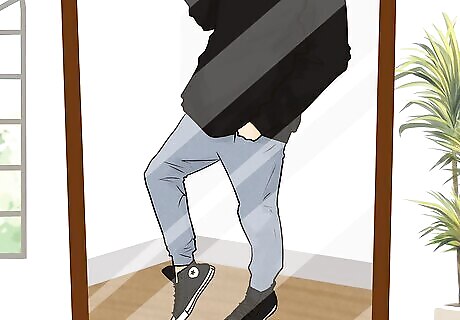
They’re a way to test out a style before committing to the real thing. With many designer shoes being expensive and hard to find, picking up a pair of reps on the cheap is a great way to try out a style and see if and how it fits into your wardrobe and shoe lineup before you put in the effort and cash of finding the real deal. They’re sometimes like trial shoes that way. For example, dropping a little money on rep shoes that you end up not loving can hurt less than dropping a lot of money on the genuine article, which you also may not love.
Quality Tiers of Rep Shoes
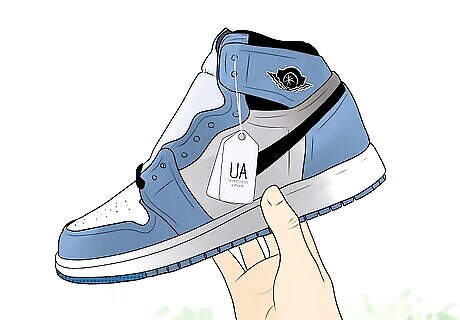
Unauthorized Authentic This is the highest grade of replica. It means that the shoes were made in the same factory and by the same hands that made the “real deal,” and often even at the same time. For one reason or another, though, the shoe brand (or factory) decided not to sell them, so someone salvaged them for resale. This often happens when a brand orders a certain number of shoes, and the factory overproduces to ensure they can meet the order despite inevitable defects. Often, these shoes are indistinguishable from retail shoes—because they are the same! That said, they’re often illegally resold and considered an intellectual property infringement.
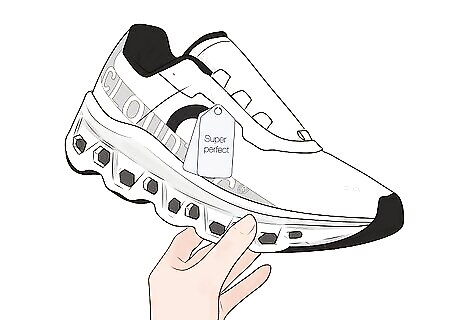
Super Perfect Super perfect reps are about as good as you can get when it comes to reps made by a third party. They’re cheaper, well-constructed, and often have a good eye for detail, with things like materials and embellishments all matching the real thing, though they often still have some minor differences that are hard to spot if you’re not a shoe junkie. Similarly, “perfect” reps are like super perfect, but possess a few too many differences or defects to be considered a 1:1 recreation of the shoe. Like UAs, though, making and selling knockoffs is often illegal.
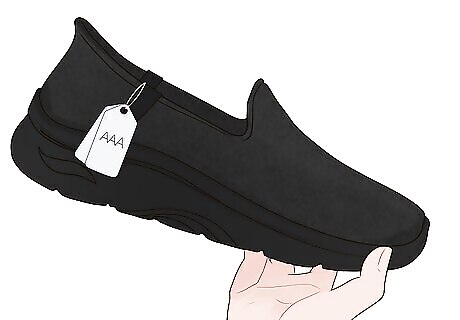
AAA These are replicas of decent quality, and at first glance are hard to tell from the real thing. But they’re often made of different or lower-quality materials, and anyone familiar with the shoe’s real design will be able to tell the difference pretty easily up close. Of course, this tier is also often illegal. Similarly, A-tier replicas are like AAA, but of noticeably lower quality and more obvious design differences, which usually means an even lower cost. But remember: you get what you pay for.
Should you buy reps?
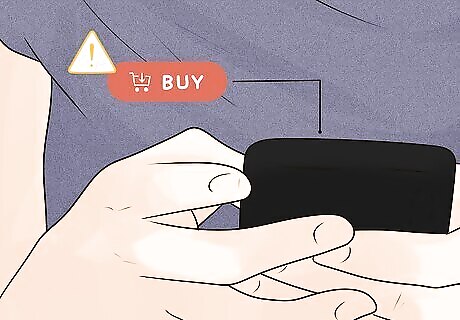
Buying rep shoes is often illegal. Producing counterfeit goods, like rep shoes, is often illegal, but so is knowingly buying them. There are also ethical concerns regarding stolen ideas and revenue from the original creators. Plus, reps are often of lower quality, won’t last as long, and may be less comfortable. Of course, not all reps are low-quality. Some even make for great, comfortable, and long-lasting alternatives to the real thing. All that said, many die-hard sneakerheads buy reps anyway, given sky-high shoe prices and limited availability.
Spotting Reps
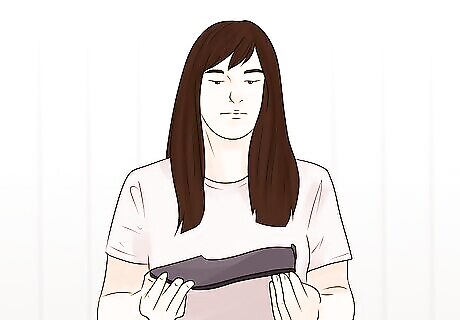
Question prices that are too good to be true. They’re reps for a reason, and usually that reason is a steep discount. If you know the real thing retails for a certain amount, and the shoe you’re looking at is notably cheaper, you’re most likely looking at a rep. If it seems too good to be true, it probably is. To be sure you’re not getting a rep, always buy your shoes from the original brand’s storefront, or from an authorized reseller.
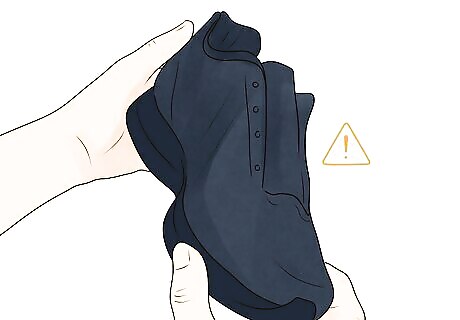
Compare the materials of the reps to the authentic shoes. High-quality reps are often made with similar (or even identical) materials, but lower-quality reps are usually made with cheaper-feeling or looking fabrics, rubbers, and other textiles. If possible, touch and examine the shoe itself. If it feels cheap, it probably is. This is especially true of shoes originally made with more expensive materials, like leather or suede.
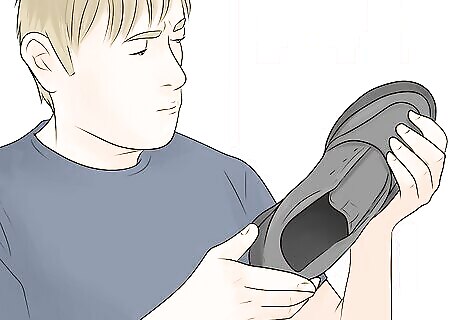
Examine and compare the construction. Compare the photos of the real thing with the possible rep. Often, reps get little construction details wrong, like the number of holes for the stitching, the actual consistency of the stitches, or the shapes of certain cutouts. Also check how well things like glued-on components (such as near the heel or treads) are adhered, and if they’re properly aligned. For example, you can often tell if Jordans are fake by looking for uneven spacing of shoelace holes. You might also use an online shoe authenticator, like Legit Check, to have an expert verify your shoes, though these are often paid services.
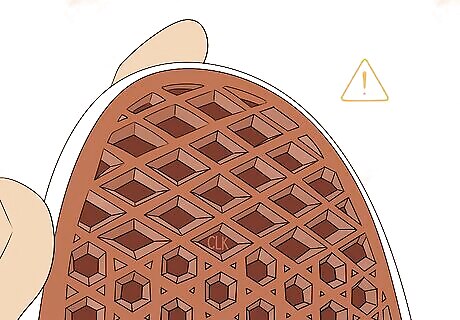
Look for any differences in embellishments, like logos. Often, reps don’t get the little details and decorations quite right. Look at logos in particular—reproducing a logo without consent can get resellers in legal trouble, so sometimes the logo is a bit different. Also compare the colors, insignias, print designs, and even laces for anything that may seem amiss. For example, you can sometimes tell if Yeezys are fake by spotting inconsistencies in the print patterns. Similarly, you can sometimes tell if Vans are fake by checking the soles for a 3-letter code that also appears on the box.
















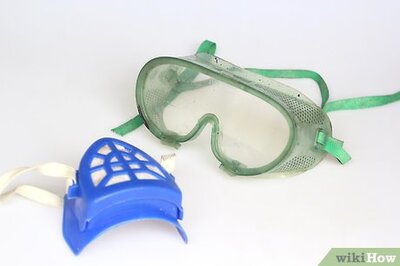



Comments
0 comment